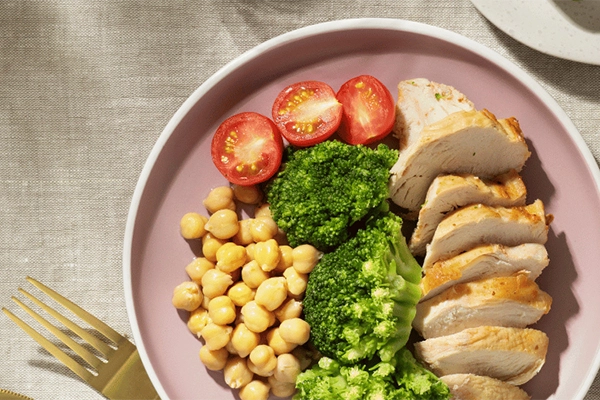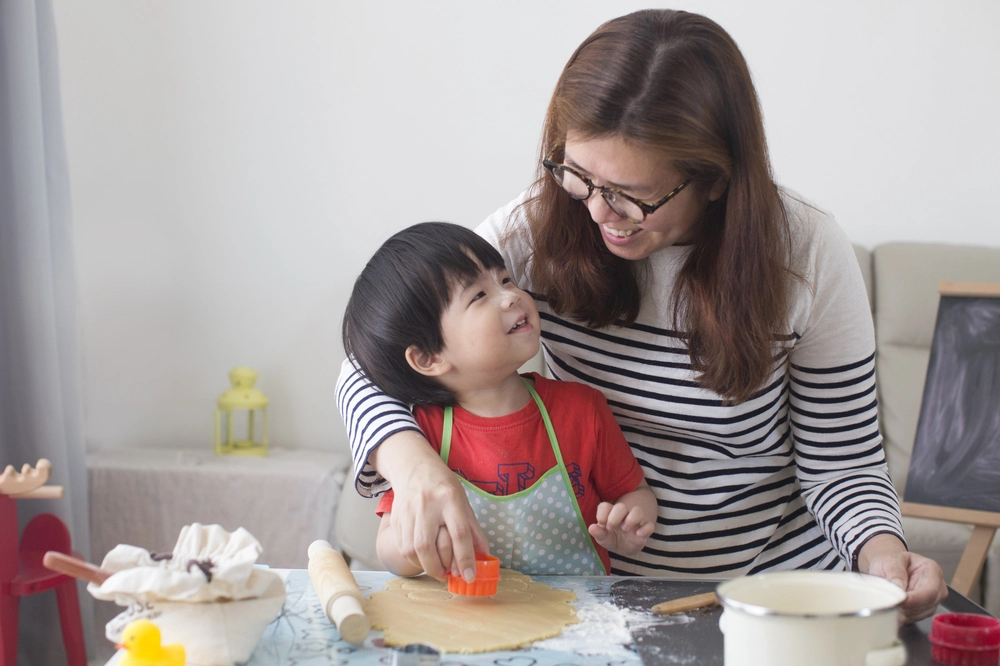Topics
Gastritis, an inflammation of the stomach lining, can cause a range of uncomfortable symptoms, including stomach pain, nausea, and bloating. One of the key factors in managing gastritis effectively is adhering to the right dietary practices. In this article, we will explore the dietary taboos you should be aware of when dealing with gastritis and stomach ulcers, to help manage your symptoms more effectively.
What Foods Should You Avoid When You Have Gastritis?
Certain foods can irritate the stomach lining, leading to further inflammation and discomfort. Avoiding them is crucial for managing gastritis and promoting healing.
1. Spicy Foods
Spicy foods, such as chili and hot peppers, can irritate the stomach lining, triggering flare-ups in people with gastritis and stomach ulcers. Studies from the National Institutes of Health (NIH) highlight that capsaicin, a compound found in spicy foods, may increase gastric acid production, worsening symptoms in individuals with gastric inflammation.
2. Citrus Fruits and Juices
While citrus fruits like oranges and lemons are packed with vitamin C, they are also highly acidic, which can irritate an inflamed stomach lining.
3. Fried and Fatty Foods
Fried foods, fatty cuts of meat, and foods high in trans fats can worsen gastritis symptoms. These foods slow down the digestive process, which can increase the production of stomach acid and exacerbate irritation.
How Do Dairy Products Affect Gastritis?
Dairy can be a tricky food group for people with gastritis. While some individuals may tolerate dairy, others may experience increased symptoms due to the high-fat content or lactose.
1. High-fat Dairy Products
Full-fat milk, cheese, and cream can irritate an inflamed stomach lining. These products are known to increase gastric acid secretion, which can worsen gastritis symptoms.
2. Lactose Intolerance
Many people with gastritis may also experience lactose intolerance, which can lead to bloating, gas, and further discomfort.
Can Caffeine and Alcohol Trigger Gastritis?
Both caffeine and alcohol are known irritants to the stomach lining, making them top offenders in dietary choices when managing gastritis.
1. Caffeine
Caffeine, found in coffee, tea, and energy drinks, is a well-known stimulant that increases gastric acid secretion. Excessive caffeine intake can lead to increased stomach irritation and pain, especially in those with gastritis or stomach ulcers.
2. Alcohol
Alcohol is another common irritant that should be avoided in gastritis management. It can erode the protective mucous lining of the stomach, leading to further inflammation and discomfort.
3. Soft Drinks and Sugary Beverages
Sugary drinks, including sodas, can also aggravate gastritis. These beverages are often high in acid and sugar, both of which can increase stomach acid production. Reducing sugar intake is important not just for managing gastritis, but also for overall digestive health.
Can Eating Too Much Cause Gastritis?
Overeating can be a common trigger for gastritis flare-ups. Large meals place a strain on the stomach, leading to an increase in acid production, which can irritate the stomach lining.
1. Heavy Meals
Consuming large meals, particularly late at night, can lead to indigestion and exacerbate gastritis symptoms. Smaller, more frequent meals are easier on the digestive system and can reduce the risk of acid buildup.
2. Skipping Meals
While overeating is a problem, skipping meals can also worsen gastritis. When the stomach is empty for long periods, gastric acid may start attacking the stomach lining, causing irritation and pain. It is important to maintain a regular eating schedule to help regulate stomach acid levels.
3. Stress and Eating Habits
Stress is another factor that can lead to overeating or poor food choices.
How Can You Manage Gastritis Effectively?
Managing gastritis effectively goes beyond avoiding certain foods. It involves a comprehensive approach that includes medication, lifestyle changes, and a balanced diet. At Pantai Hospitals, our experts provide personalised treatment plans to help manage your symptoms and improve your quality of life.
FAQs
1. Can I eat spicy food with gastritis?
It is advisable to avoid spicy foods as they can irritate the stomach lining and worsen gastritis symptoms.
2. How can caffeine affect gastritis?
Caffeine increases acid production in the stomach, which can aggravate gastritis symptoms. It is best to limit caffeine intake.
Can dairy products help in treating gastritis?
Low-fat dairy products can be beneficial, but high-fat dairy may irritate the stomach lining and worsen symptoms.
4. What lifestyle changes should I make to manage gastritis?
A healthy diet, regular meals, stress management, and avoiding irritants like alcohol and caffeine are key in managing gastritis effectively.
Book an Appointment at Pantai Hospitals
Gastritis and stomach ulcers can cause significant discomfort, leading to symptoms such as abdominal pain, bloating, nausea, and indigestion. If you are experiencing these symptoms, it is crucial to seek medical advice promptly to manage your condition effectively. At Pantai Hospitals, our team of gastroenterology specialists offers tailored treatment plans to help you manage gastritis.
If you have concerns about gastritis or other gastrointestinal symptoms, please reach out to your nearest Pantai Hospitals by making an appointment through our website, or download our MyHealth360 application from Google Play Store or Apple App Store. Our expert gastroenterology team is here to help you find relief and manage gastritis effectively.
Pantai Hospitals have been accredited by the Malaysian Society for Quality in Health (MSQH) for its commitment to patient safety and service quality.












